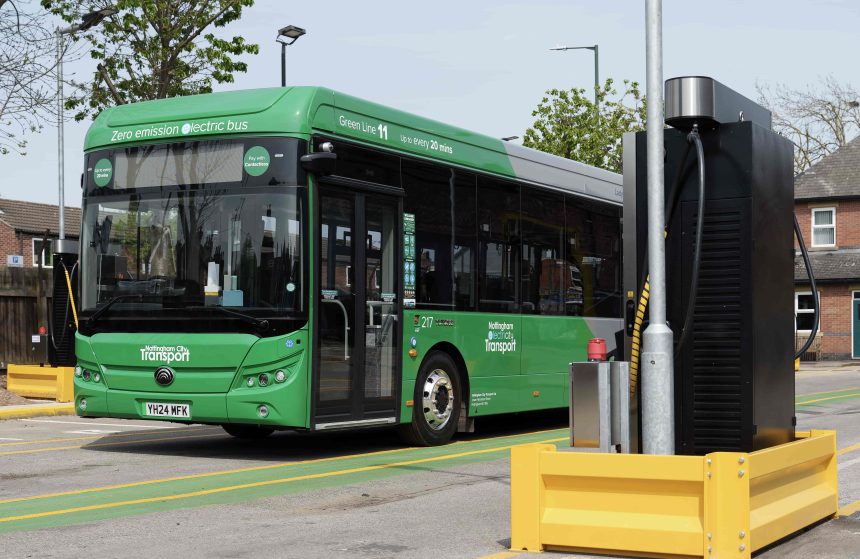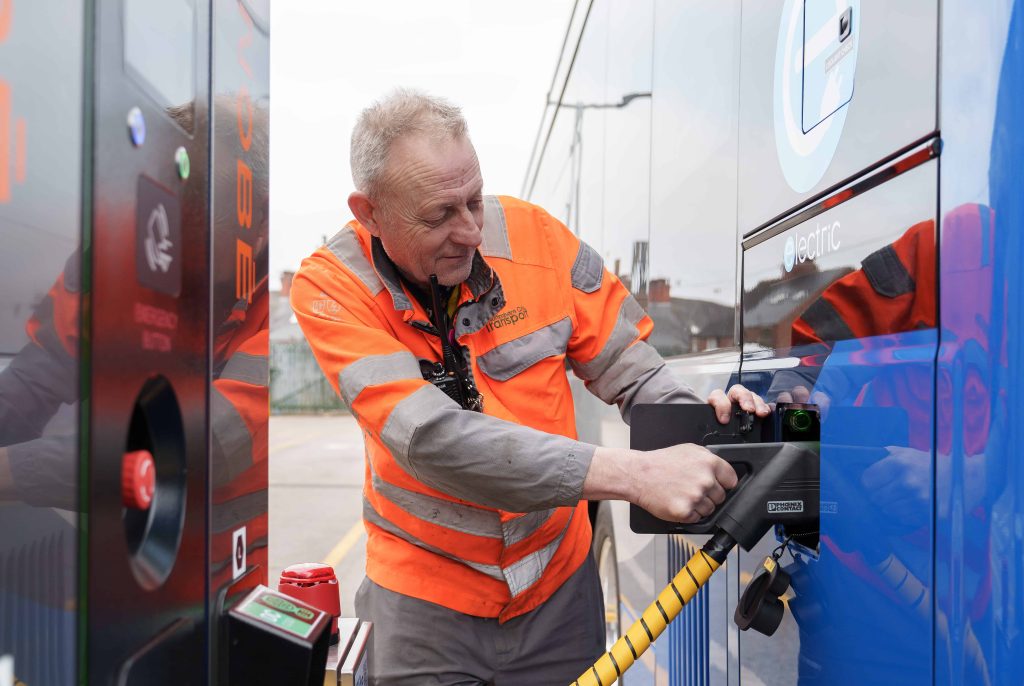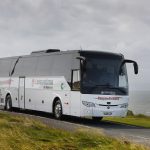It doesn’t matter what size of bus or coach operation you have; electric vehicles are for everyone.
But as a smaller business, there may be aspects of the process that feel out of reach. In this article we’ll cover exactly what you need to know to move towards clean buses quickly, and with confidence.
Starting from scratch, an electric fleet and depot need the following components:
1. An appropriate grid connection
2. Chargers that suit operational needs
3. Infrastructure design and installation to enable charging
4. Charging software to ensure smooth running
5. Minimised power costs matched to your needs
These factors should be considered in tandem with selection of new vehicles. Many operators work with businesses that offer expertise across all five aspects, such as Zenobē.
Explore other projects
Acquiring the right knowledge ensures you get the very best from your electrification. Stories from other operators are beneficial, too.
Take the example of Nottingham City Transport, where the Zenobē power procurement team helped the operator save thousands, through contract negotiation; and project experts kept buses running in an evolving depot, through experienced planning.
Keeping a holistic approach in mind is key to success. Zenobē has worked in over 120 depots; we’ve seen that whilst the challenge is similar, each location needs a tailored solution.
Get to know the experts
But how can all five requirements be fulfilled, and operations still run smoothly? Aim to have an all-round understanding so you can get the best from a supplier.
Questions to ask potential electrification partners should include:
- How are designs shaped by experts in different specialisms?
- Do you have expertise in developing heritage-sensitive proposals?
- What are the wisest investments I can make to avoid future pitfalls?
- How can a project be sequenced to work around operational needs?
- What support do you provide for ongoing use of vehicles and chargers?
A desirable partner will be able to give you advice (so you don’t need to be an expert) in various areas. And in many cases, the project can be sub-divided into phases and areas of work, meaning you’ll feel it’s not only achievable, but won’t interrupt your day-to-day.
Power purchasing a priority
Naturally, when making a new investment we don’t want any surprises. With a move to electric buses, power costs rise in importance, becoming your second largest cost centre. And when savings on electricity could represent significant business enhancements elsewhere, it’s one to prioritise.
Those responsible for the balance sheet should take note of the common steps:
- Agree an introductory tariff and contract. This can be replaced in due course by one that’s underpinned by insight, and your chosen strategy.
- Decide on a strategy informed by your current approach to risk and investment.
- Explore the factors involved in decision-making to be ready for future negotiations on power pricing.
Fortunately, the power procurement team at Zenobē can devise tailored contracts to meet your needs. With decades of experience, they manage and monitor energy for bus operator clients, prioritising ethical service above all. Embedded in our EV team, Zenobē’s power procurement services align with ongoing support to all bus customers.
Want to know more? Read how municipal operator Nottingham City Transport electrified their depot on time, and on budget.

























